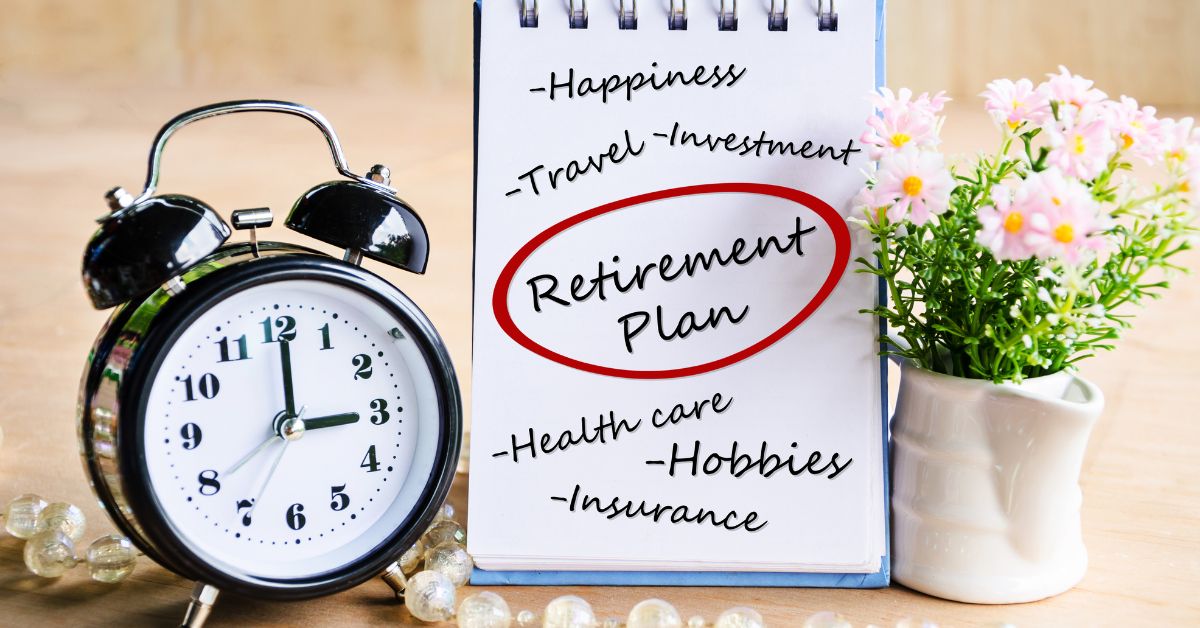You will want to retire at some point, and Planning for Retirement Expenses is important. If you don’t plan for it well, you may not be able to live the way you want to in your later years. Most Americans don’t know how much money they will need when they retire. People are living longer and the cost of living keeps going up, so if you don’t plan ahead, you won’t be able to save enough for retirement.
Most of the time, Americans don’t save nearly enough. A survey found that 20% of the people polled don’t save anything at the moment, 21% save less than 5% of their annual income, and 25% save between 6% to 10%. Only 16% of the people surveyed save more than 15%. of their income for retirement, which won’t be enough on its own.
You can only be sure to save enough for retirement if you figure out what you will need ahead of time. If you figure out what your expenses will be when you’re 62, 65, or 70, depending on when you want to retire, you can start making a budget and saving now. We can follow following steps for Planning for Retirement Expenses:
Setting a Budget Baseline
Creating an accurate budget for your current household costs will give you a starting point for making a working budget for planning your retirement. The first step is to figure out how much money you make and how much you spend each month. You can use your bank statements, credit card statements, and bills from the last 12 months as a guide. From there, you can figure out what will change when you retire.
Start with your income and write down the total amount you get every month from your paychecks and any other sources. Once you know how much you usually make each month, you can make a list of your fixed and variable costs.
A Complete Guide to Budgeting.
Your fixed expenses will include rent or mortgage payments, loan payments, insurance payments, utility bills, and other payments that you make every month. You can use an average for expenses that change, like food, gas and/or transportation, clothes, and fun. Be sure to include yearly costs like tuition or taxes, as well as one-time costs like car repairs, doctor visits, and travel. When you look at your monthly expenses and income, you can figure out how much money you have left over to save for retirement. If you don’t have enough money to save, try cutting back on some of your variable expenses, especially “wants” like travel, clothes, and entertainment.
Now you have the framework, you can start making some budgeting assumptions for retirement. What costs are probably going to change? For example, if you have a mortgage, most of it will likely be paid off by the time you retire. You’ll have less credit card debt, pay off your student loans, and maybe even stop making car payments. Overall, it’s likely that you will spend about 70 percent less than you do now.
Other costs, though, will go up. Even if you have Medicare, your health care costs and insurance costs will go up. Between the ages of 45 and 65, the average amount spent on health care nearly doubles. You should also take inflation into account for food, gas, clothes, and other costs. Using these tips, make a possible budget for retirement that would cover all of your future living costs.
Using Adjustments while Planning for Retirement Expenses
The next step is to make some assumptions about your life that will affect how you plan for retirement. When you retire is one of the most important things you have to decide. You can start getting 80 percent of your Social Security benefits as early as age 62. But most people would rather wait until they are 66 to get their full benefits or even 70 to get a higher monthly payment. How much you get from Social Security will affect how you plan to spend your money when you retire. Also, keep in mind that the way you spend will change as you get older.
Make sure to include taxes when you figure out how much you make and how much you spend each month. People have to pay taxes on their Social Security income and their tax-deferred individual retirement accounts (IRAs). If you want to avoid paying taxes when you retire, you can save money in a pre-taxed way, like with a Roth IRA.
Another important thing to think about is whether or not you want to move after you retire. If you plan to sell your home when you retire, can you use the equity as part of your retirement fund, or would you rather buy a home somewhere else? How does the cost of living where you live now compare with where you want to retire?
Also think about any plans that might affect your budget for retirement. For example, have you always wanted to take that cruise in the Mediterranean or go see your grandchildren often? If you have dreams or hobbies you want to pursue, add them to your retirement budget and start saving now.
Start saving right now
Now that you have a general idea of how much money you will need in retirement, you can figure out how much you need to save now. You can save for retirement in a number of ways:
- Use your job’s pension plan to its fullest. Even if your employer doesn’t match your contributions, put money into your 401(k) at work and save for retirement tax-free.
- Use IRAs to save money for retirement without paying taxes on it, or use Roth IRAs if you don’t want to pay taxes in the future. You can move your 401(k) savings into an IRA if you change jobs.
- Certificates of deposit (CDs) give you a better interest rate than savings accounts or money market accounts, but you can’t get your money out for months or years.
- Investment strategies are a great way to add to your retirement income, especially if you have a good investment advisor and a lot of time to let your money work for you.
Bottom line
Planning for Retirement Expenses is very important if you want to be financial free. If you start planning now, you will be able to change your retirement budget as your life changes. Taking these steps now will put you in a better position to have a secure retirement in the future. Start early!
Also Read


